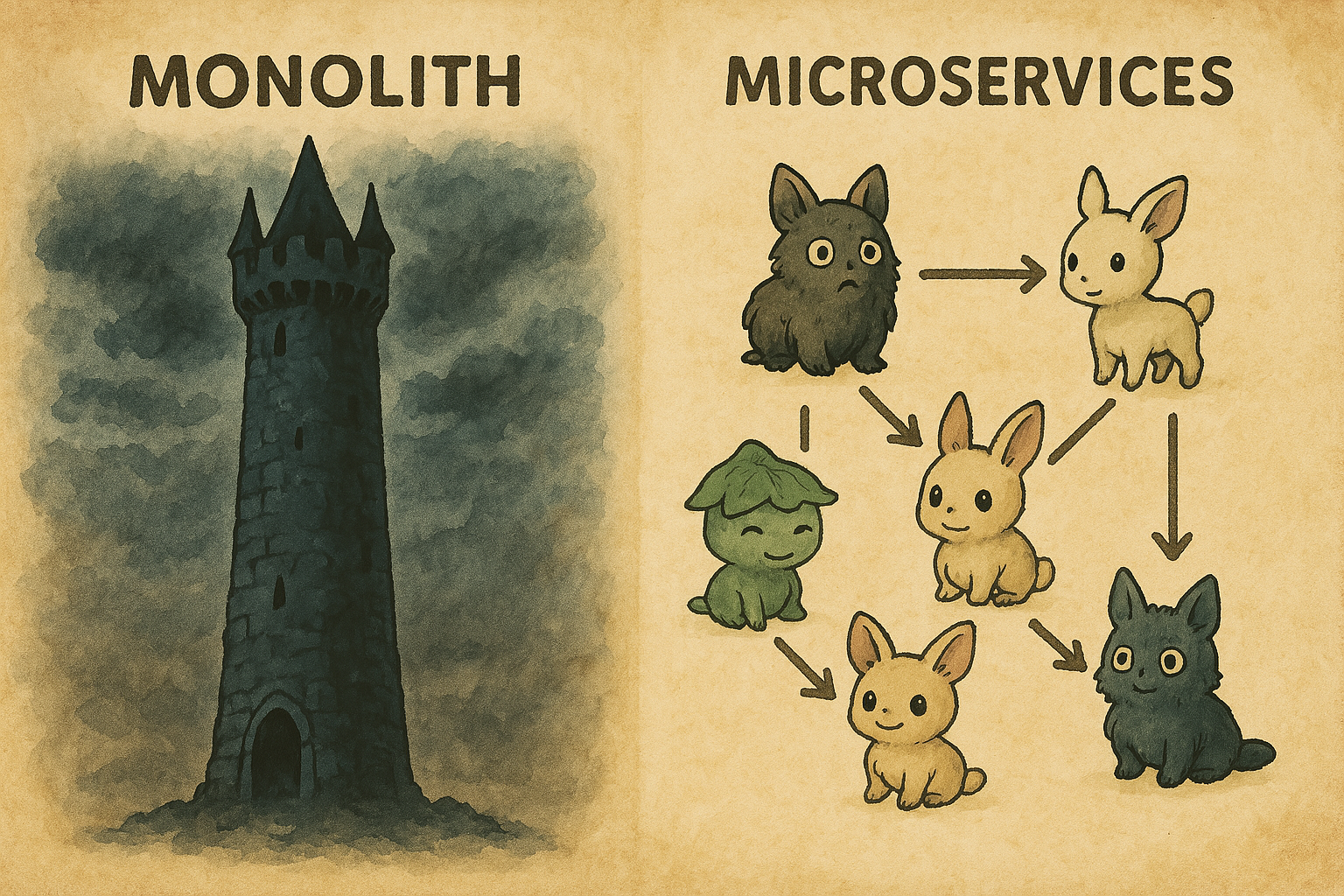
Hands-On CI: Building Your First GitHub Actions Workflow
We have previously talked about why Continuous Integration is a powerful DevOps concept for helping your team develop high-quality code faster. Today we are taking you through a deep-dive into the “how,” with step-by-step instructions for setting up a linting pipeline in GitHub Actions. We’ll explain how and why CI workflows can take your team to the next level!

DevOps Approaches for SOC 2 Success
In today's software world, demonstrating your commitment to security and reliability is paramount. SOC 2 is a widely recognized auditing standard that helps organizations do just that. While preparing for an audit can seem daunting, embracing DevOps principles and tools with Zumbro can help prepare you and your team for SOC 2 success.

Introducing Zumbro: Slash Tech Debt with Automated Code Fixes
Say Hello to Zumbro, our GitHub app. Zumbro is the DevOps automation tool that helps your team define, apply, and enforce engineering standards, without adding overhead. If you’re looking to improve teamwork, reduce technical debt, and accelerate shipping velocity, Zumbro gives you the foundation to do it, right inside your GitHub workflow.

A Surprising Secret About Python Linters
It sounds crazy: you run your linter, fix the issues, run it again… and suddenly it finds more issues. Wait, what?
Yes, it’s a real thing. Depending on the complexity of your code and the tools you’re using, sometimes one pass isn’t enough to get a clean bill of health. But don’t worry, there’s a simple fix: run your linters twice!

How to Keep Your Python Code Standard
If you've opened a Python file only to find cryptic code, you already know why “standard Python” matters. But what is standard Python? Who decides what counts as “standard”? And how can you set and enforce engineering standards for your team around standard Python? Let’s talk standards, and why they can help you and your team.

The Elephant in the Room: Dealing with Legacy Code
It’s easy to think of legacy code as something ancient and untouchable, written by long-gone developers in a forgotten dialect of JavaScript. But the truth is more complicated. Legacy code is just code that’s still running your systems, even though it no longer meets your team's standards. So what do you do with it?

How Code Reviews Should Work
The best code reviews feel like collaboration, not judgment. They’re an opportunity to ask questions, learn, and improve as a team. When the small stuff is already taken care of, there’s space for that conversation to happen. Caparra is building tools to make this easier for your team.

Microservices and DevOps: A Perfect Match
If you're a developer exploring ways to improve your codebase and simplify your life, you've likely heard the term "microservices." It's one of those buzzwords you might nod along with but never get around to exploring in depth. Let’s take a closer look at what microservice architecture really means, why it's valuable, and how to get started without getting overwhelmed.

Clean Commits from the Start with pre-commit
Have you ever run git commit, only to realize later that you forgot to fix a small error? If so, you know that tiny missteps can quickly add up to big hassles for your entire team. That is why a simple tool called pre-commit can be so helpful. It automatically runs checks, linters, and other automated routines right before you commit your code.

Sort It Out: How isort Makes Python Better
When working with Python, keeping your code clean and organized is essential. You may have heard of isort, a handy tool that automatically sorts your Python imports. Keeping your import statements sorted is a simple step that is deceptively powerful, and we’ll talk about how adding isort to your Python workflows can save you hours and hours of time debugging your code. If only every part of coding was this easy!

Intro to Linters in Python: Clean and Bug-Free Code
Writing clean, error-free code is a lot easier when you have a little help. That’s where linters come in. In this post, we’ll introduce you to linters for Python, and walk through what they are, how to use them, where they came from, and why they’re so useful. We’ll also show a simple Python linting example, and cover how to integrate linters into different environments, from your local editor to CI/CD pipelines. Finally, we’ll recommend the best Python linter for beginners. Let’s get started!

DevOps Implementation Guide: From Zero to Hero (2025)
DevOps can be a game-changer for software development and IT operations. But what if your team has never done DevOps before? Transitioning to a DevOps culture can feel overwhelming. Fortunately, you don’t need to flip the switch overnight. Let’s walk you through the step-by-step process of introducing DevOps to a team that has never practiced it before.

No One Should Be Deploying Code at 2 AM
Deploying code at 2 AM is a cry for help. It signals a process problem, not a people problem. If your team is routinely making production changes in the dead of night to minimize impact on users, then you’re not reducing risk; you’re just shifting it onto tired, overworked developers who are more likely to make mistakes.

Continuous Deployment in Action
Continuous deployment is the practice of automatically releasing every validated code change into production. In this workflow, as soon as a developer pushes code to the repository, it goes through automated testing and, if it passes, it is deployed immediately. This ensures a steady stream of improvements and bug fixes, making software development more dynamic and responsive.

The Hidden Cost of Toil in DevOps
DevOps is all about efficiency, reliability, and automation. But within every DevOps team's workflow, there’s a hidden tax that drags down productivity and morale: toil. If left unchecked, toil can lead to burnout, slower innovation, and unnecessary operational costs. Reducing toil is a key focus for Caparra, and a big motivator for our work in building AI-powered tools focused on DevOps.

Understanding Continuous Integration in DevOps
In the world of software development, Continuous Integration (CI) has become a key best practice for modern DevOps. Let’s break this down, looking first at what “integration” means in software, explore what “continuous integration” looks like for developers, and see how a CI pipeline can be a game-changer for your software team.

From Commit to Production: How to Speed Up Lead Time for Changes
If you've ever fixed a bug or built a new feature, only to watch your code sit in limbo for days or even weeks before reaching users, you’ve experienced a slow Lead Time for Changes firsthand. So let’s understand what LTC is, why it matters, and how you can improve it using DevOps techniques.